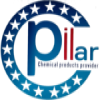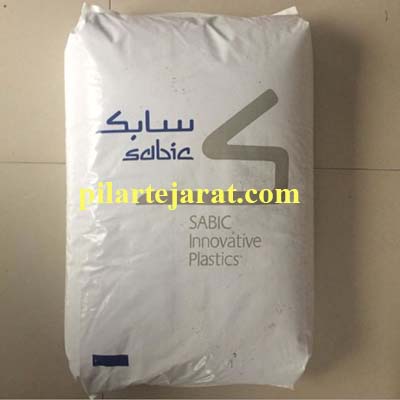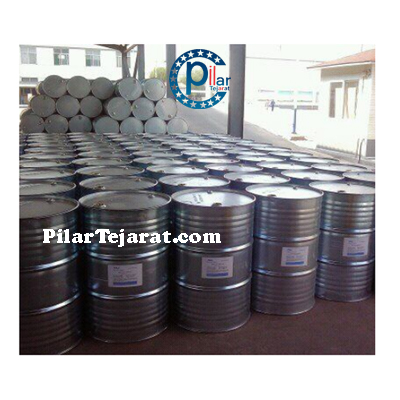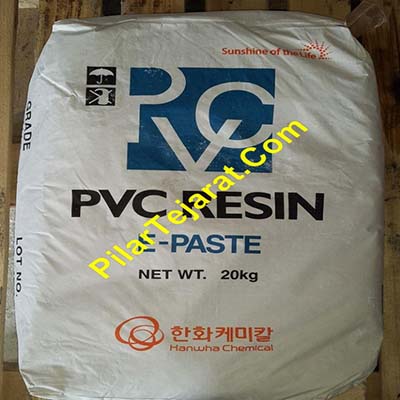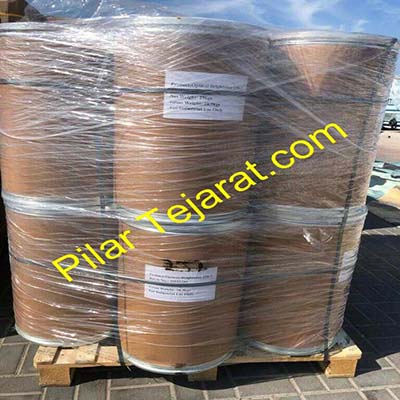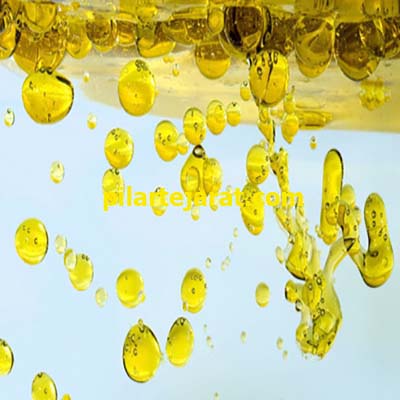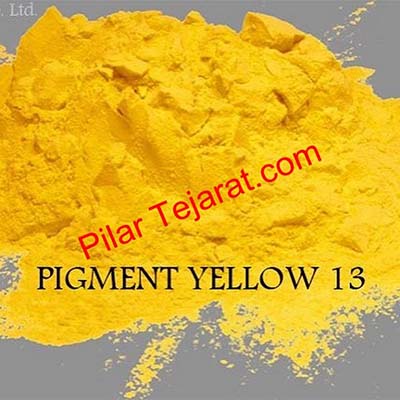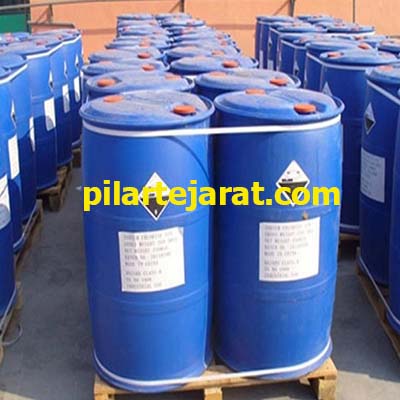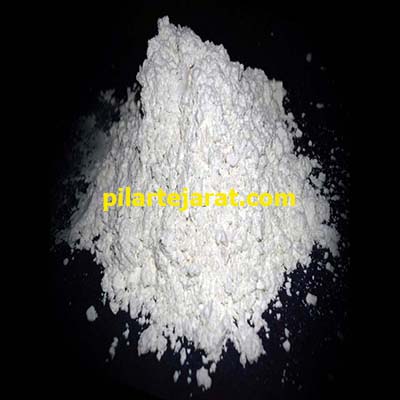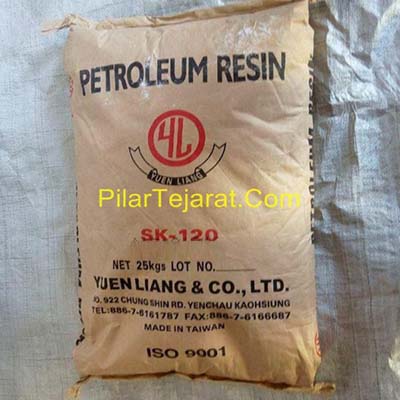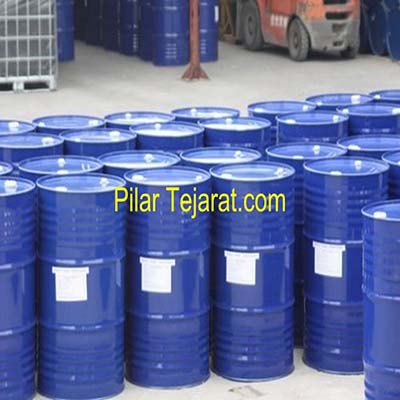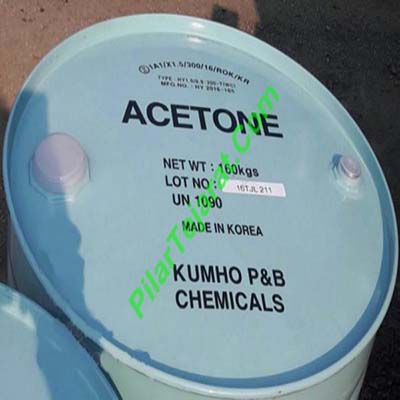Hanova PVC p1300, also known as polyvinyl chloride, is actually a solid, powdery, white, odorless, tasteless, flammable material with a glass transition temperature of between 75 and 80 degrees Is Celsius.
What is Hanova PVC p1300?
Ethylene chloride is a thermoplastic polymer in two types of hard and flexible from the family of polymers and copolymers, which has a common vinyl group (-CH2-CH) with other members of the family.
Advantages and features of Hanova PVC p1300?
This material has a low coefficient of roughness and friction against fluid flows, has good tensile strength, is resistant to corrosion, has a wide processability, has a very dry and brittle nature, is a good insulator against electricity, against conditions It is sensitive to the atmosphere and sunlight and also has excellent resistance to acids, bases, oils, alcohols and aliphatic hydrocarbons.
Application of Hanova PVC p1300?
This material is used in various sectors of industry and in the production of different materials and products due to its advantages and characteristics. For example, in the production of synthetic leather, in the production of vinyl siding, in the production of medical gloves, in the production of pipes and ducts, in the production of trampoline, in the construction industry, in the production of wall coverings, in the production of clothing and home appliances such as curtains, It is used in the production of low weight play balls, in the production of seat covers and car embroidery, etc.
Terms of use and storage of Hanua PVC?
This material should be stored in dry and cool storage, away from any sources that cause it to ignite because it emits toxic fumes in the environment when burned or melted, which is extremely harmful to the health of the respiratory system. It is also recommended to wear masks, gloves, goggles, hats and safety clothing during prolonged contact with this substance.


